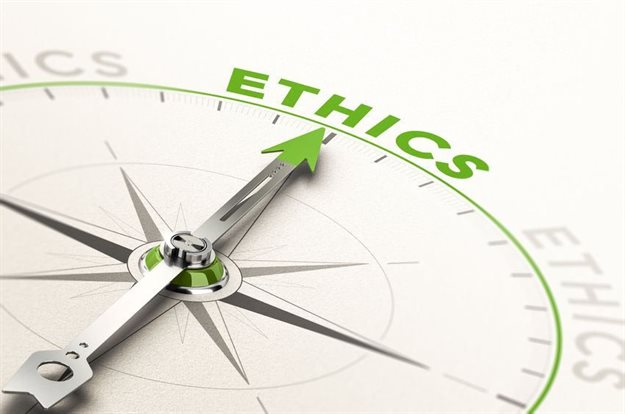Integrity, objectivity and independence. These are the cornerstones or pillars of ethical conduct in any and every professional sector. When looking closer at South Africa's professional sector, both public and private, have these pillars been applied? Have they been consistent practical guidelines for ethical conduct and practice? Are we edging towards a slippery slope of disregard for any form of ethicality or have we already slipped into a crisis?
As things stand, and if the revelations and allegations at the State of Capture Commission headed by the deputy Chief Justice Raymond Zondo are anything to go by – it is fairly easy to accept that we indeed are in a crisis. Add to this, the alleged corruption from the procurement of Personal Protection Equipment (PPE) by government with a number of companies taking advantage of the relaxed treasury regulations due to the Covid-19 pandemic.
Unsurprisingly, some of the damning allegations coming out from the State of Capture Commission have sighted the role and involvement of many professionals including accountants and auditors who are said to have aided and abetted the rampant corruption. Regrettably, these acts of malfeasance have seemingly gone on for decades and almost crippled the functioning of the majority of the country’s State-Owned Enterprises (SOEs), national and provincial departments, municipalities as well as some private businesses.
Losing trust
Over the years, South Africa has been rocked by a slew of accounting scandals and company failures, with prominent firms implicated in lapses of ethical conduct and have displayed suspect behaviour when carrying out their auditing duties in companies, while some are reported to have misrepresented the financial data. These lapses have caused the profession to suffer a crisis of major loss of public trust and confidence. Many other examples can be cited, displaying how audit firms yield to companies, and in most instance with directives to produce false and manipulated audit reports.
Sadly, it has become commonplace that every other day our country continues to be rocked by new revelations of audit firms involved in unethical conduct. The Auditor General reports that in the public sector, the financial performance and audit outcomes of government departments, SOEs and municipalities are generally continuing to regress. Of course this regression is not all on the table of accountants and auditors, but it is a clear demonstration of the general decline of ethics by professionals.
Unethical outcomes
Auditing is one of those professions where even a tinge of unethical behaviour can dramatically and significantly alter the outcome and financial results of any company or entity. It can be a small and seemingly insignificant case of ‘accounting irregularities’, but it is nonetheless unethical behaviour that will eventually be a whole pot full of corruption. The final reports that are issued by auditors become guidelines from which companies make major decisions for their shareholders and other stakeholders.
Looking closer at the recent accounting scandals, audit firms seem to be easily yielding to pressure of producing predetermined audit reports instead of true reflections of their efforts, which ultimately compromises their independence and objectivity. Through our work, accountants and auditors have a great responsibility to protect society with our decisions. Push-back against boards, directors and managers who are hell-bent on taking advantage of ethics crisis in our country is necessary if we are stop this decline.
Restoring moral principles
Beyond setting formal ethics frameworks, the Independent Regulatory Board for Auditors (IRBA) has to do more to restore a system of moral principles that draws the boundary between wrong and right. While the industry awaits the Minister of Finance to appoint the independent panel of experts responsible to review practices in the audit profession and legislation that will strengthen IRBA, the regulator also needs expedite the arrest of the declining standards of audit quality and audit failures.
It is not good enough to be Africa’s leader in terms of the strength and independence of our accounting standards yet our economy suffers from endemic corruption as a result of professionals that fail to raise the ethical standards. Until all professionals, accountants and auditors in particular, wake up to the fact that our country requires our activism against leadership hypocrisy and inconsistent decision-making that panders to shareholder interests rather than independence and objectivity – the economic headwinds will be difficult to navigate, thus making the recovery from the Covid-19 impact much harder.
Ethics integration
To emerge out of the ethical crisis engulfing us, we have to do things differently. As the country gears itself towards the new economy, with a focusing on performance – professionals have to advance a culture of accountability and disclosure. Beyond training and expectations from people to always do the right thing, corporations and governments have to integrate ethics into normal risk management structures and processes, and make ethical standards part of normal monitoring processes.
Lastly, unless we correct the culture of selective consequence management, the auditors’ intention to restore trust and confidence in the profession is doomed to fail. Considering the critical role auditors ought to play in society, we cannot afford to fail at raising the bar of ethical standards in the profession. If auditors fail, our societies fail.














































